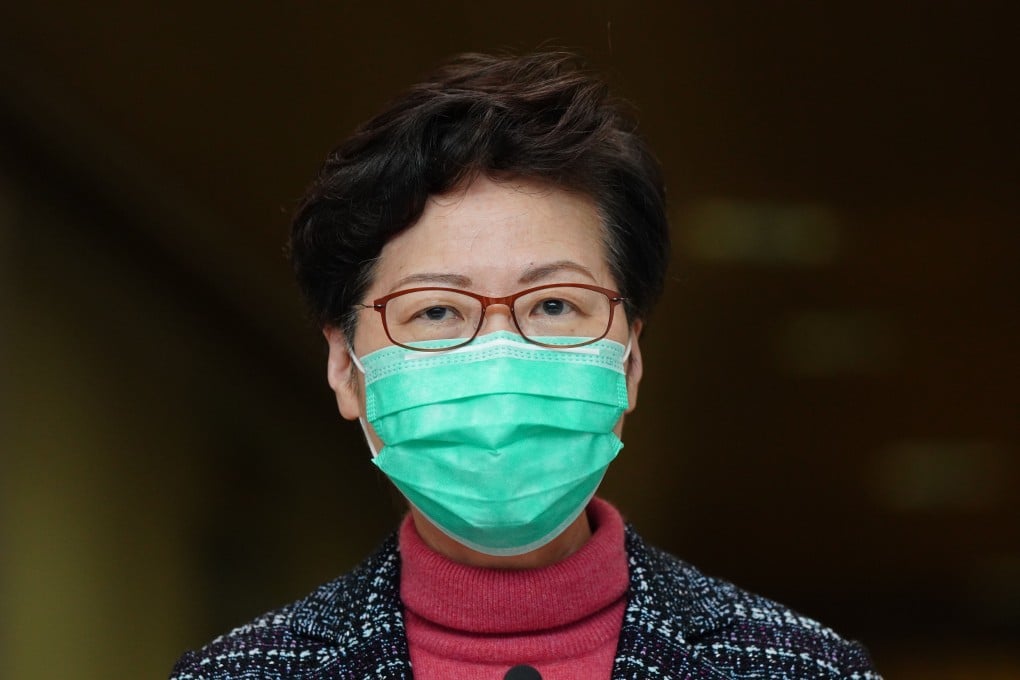Hong Kong to quarantine arrivals from Italy and parts of France, Germany, Japan, Spain as world braces for coronavirus spread and city cases hit 120
- Measures will kick in on Friday midnight, with government facilities expected to be used for quarantine, all costs paid
- Woman from Diamond Princess cruise in Japan who got infected but was thought to have recovered tests positive

Anyone arriving in Hong Kong from Italy, as well as parts of France, Germany, Japan and Spain will be placed on a mandatory quarantine in government facilities for 14 days starting Friday midnight to contain the coronavirus epidemic.
Confirming a Post report earlier, the Hong Kong government revealed the list on Tuesday night as the city recorded five more cases of Covid-19, bringing the total tally of infections to 120, while a woman who was thought to have recovered tested positive again for the disease. Health authorities, however, took pains to stress that her condition was not a case of reinfection.
With the world bracing for the contagion, Hong Kong Chief Executive Carrie Lam Cheng Yuet-ngor on Tuesday urged residents to avoid travelling overseas, angering industry representatives who accused the government of dealing another blow to their struggling businesses.
The authorities said the latest restrictions applied to all travellers, including Hong Kong residents, arriving from anywhere in Italy; the Bourgogne-Franche-Comté and Grand Est regions in France; North Rhine-Westphalia in Germany; Hokkaido in Japan; as well as La Rioja, Madrid and Basque Country in Spain.
There is no need to tell Hongkongers not to travel. There are still places not affected by the outbreak. Travellers still have choices
“The government has been conducting detailed assessments for formulating port health measures in response to the occurrence of outbreaks in countries or areas outside Hong Kong,” a Centre for Health Protection spokesman said.
“The assessment will take into account factors such as the number, distribution and rate of increase of infected persons, measures put in place for surveillance and control of the outbreak, and the frequency of visits by Hong Kong residents. The government will review and adjust the measures in view of the developments.”